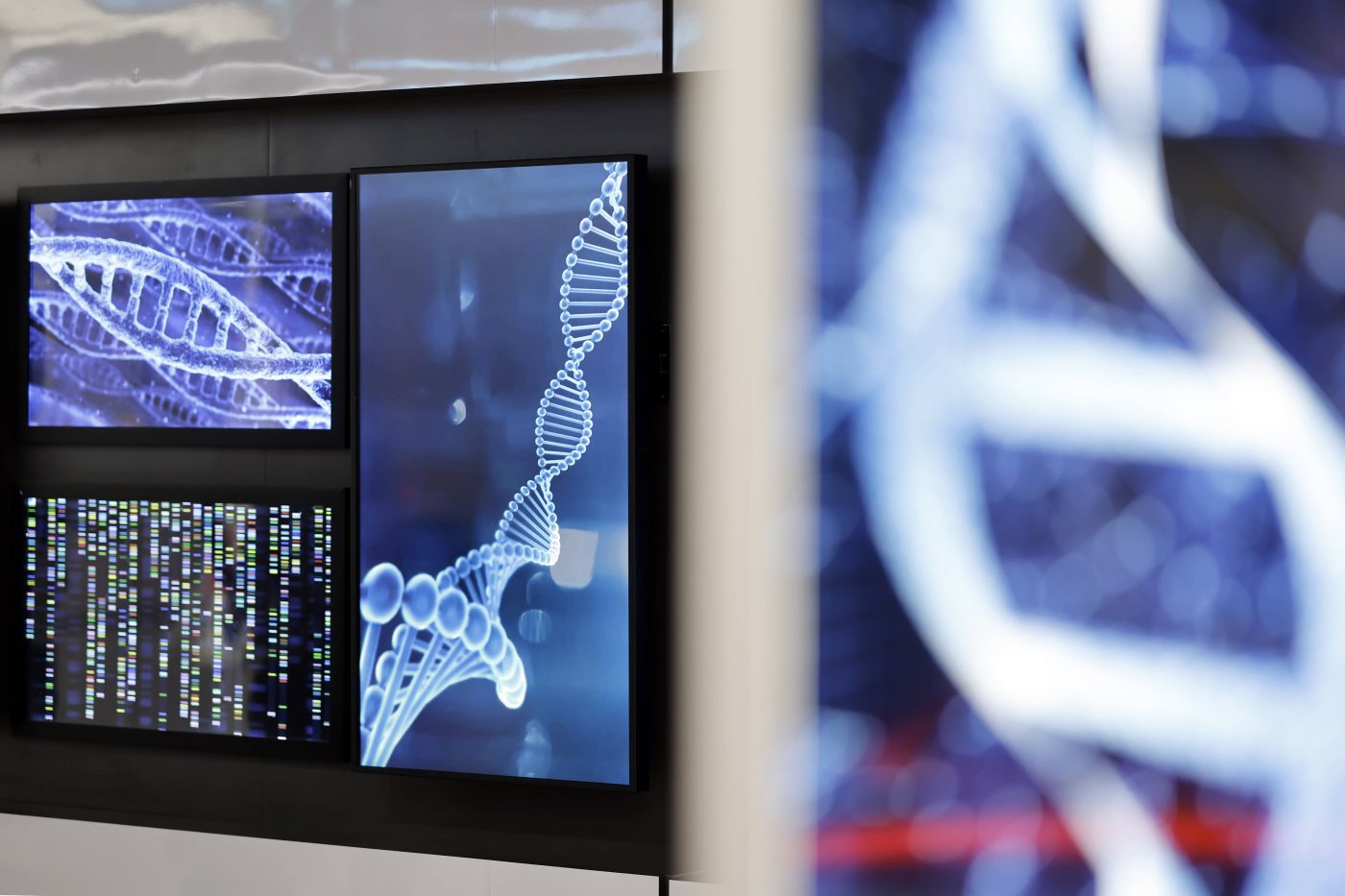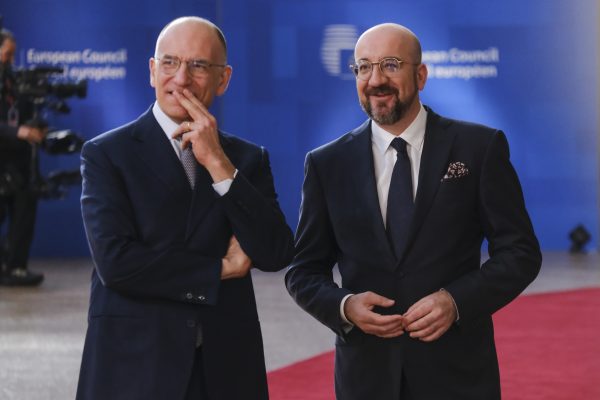Kansas farmers are staring at what will likely be the smallest wheat harvest in half a century due to a severe drought. Argentina, likewise, has experienced its worst drought in 60 years, decimating its soy and corn production. The disruption in wheat, oilseed, and fertilizer production caused by Russia’s invasion of Ukraine adds to the dramatic uncertainties about the global harvest.
Amid these dangers, Europe’s scientific community and stakeholders across the agricultural production chain are waiting with bated breath for the European Commission’s proposal to regulate plants and products generated by gene editing.
Europe long has resisted breeding innovations. In 2001, it introduced strict controls on genetically modified organisms (GMOs), attempting to prevent the introduction of DNA from other species into animals and plants. Over the past few years, new fast and precise gene editing techniques such as CRISPR that don’t need foreign DNA insertion have provoked a potential rethink.
Plant breeders have long been successful in identifying crop variants with desired traits, such as drought tolerance, then crossing them and selecting offspring with improved characteristics. They resorted to random mutagenesis with radiation or chemicals to generate new genetic diversity. They then painstakingly screened the resulting mutants, hoping to find one with the desired trait.
But climate change and its attendant droughts, heatwaves, and new pathogens are emerging faster than breeders can progress with these traditional approaches. Modern gene editing allows precise, targeted generation of a new gene variant. It is like surgery with a scalpel; traditional techniques are akin to attempting it with a chainsaw.
The European Court of Justice has added to the regulatory confusion. In a 2018 ruling that mystified scientists, the court found that random mutagenesis, which spreads off-target mutations throughout the genome, was fine, but new, precise gene editing methods were somehow risky.
Government agencies across Europe struggled to comply and potential trade conflicts emerged. Under WTO rules, similar products cannot be regulated differently; agricultural products from gene-edited plants where no new DNA was introduced cannot be distinguished from other plants.
The confusing 2018 ruling led the Commission to carry out a study, followed by an impact assessment on policy options, leading to the conclusion that the 2001 GMO rules are no longer fit for purpose. New proposals are expected to be published any day. Green and socialist opponents already are mobilizing in opposition. They have presented a petition urging the Commission to maintain strict rules.
The rest of the world is not waiting. The UK liberalized gene editing in this year’s Precision Breeding Act, and Brits soon will be eating low-acrylamide wheat, reducing the risk of cancer. A healthy high oleic acid gene-edited soy is already on the market in the US. Gene-edited soy is coming to China, and a gene-edited tomato with a blood pressure-lowering compound has appeared in Japan.
Although Brussels may unshackle gene editing, plant breeders worry that they will introduce a cumbersome set of new regulations. One possible scenario is a demand for traceability. The cost and burden of producing the paper trail for similar products made with or without gene editing would be untenable. It will be easier to label non-gene-edited products for those to whom it matters, in the same way that Halal meats organic produce are currently certified.
Another scenario would be a requirement for proof of sustainability for a gene-editing crop. Ideally, all innovations, whether phones or food, should be more sustainable. But if a new wheat carries disease resistance, decreasing the need for fungicides and making it more sustainable in non-EU England, does the wheat meet the sustainability criterion in Spain or elsewhere in the EU where the disease doesn’t occur? If gene-edited wheat is used to make a healthier low-acrylamide hamburger bun, is the sustainability criterion applied to the wheat in the field, the bun, or the Big Mac?
We’ll know soon how the Commission intends to proceed. European farmers need access to a diversity of stress-resilient crops that can be grown sustainably and provide sufficient, affordable, and nutritious foods. Researchers and breeders hope to be free to choose the most efficient and effective tools to provide them with the seeds to feed our growing, hungry planet. A continent that has pledged to fight climate change cannot afford to close the door to progress.
Alan H. Schulman is a Professor, Natural Resources Institute Finland (LUKE), Head of Research, Institute of Biotechnology, University of Helsinki, and a past president of the European Plant Science Organisation.
Bandwidth is CEPA’s online journal dedicated to advancing transatlantic cooperation on tech policy. All opinions are those of the author and do not necessarily represent the position or views of the institutions they represent or the Center for European Policy Analysis.





